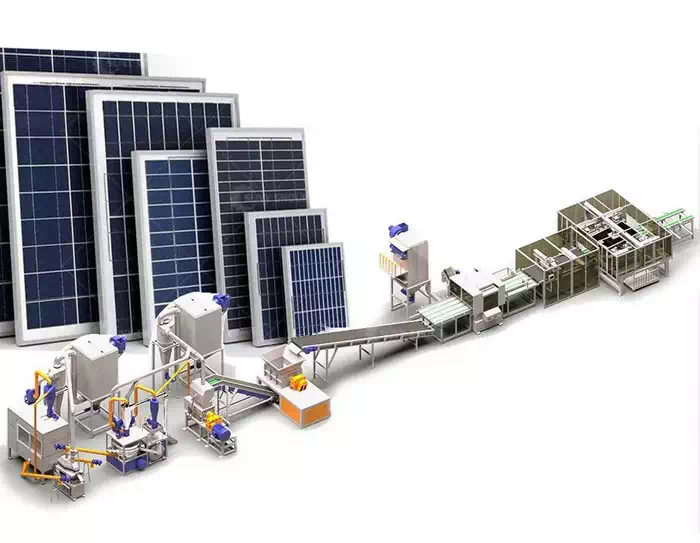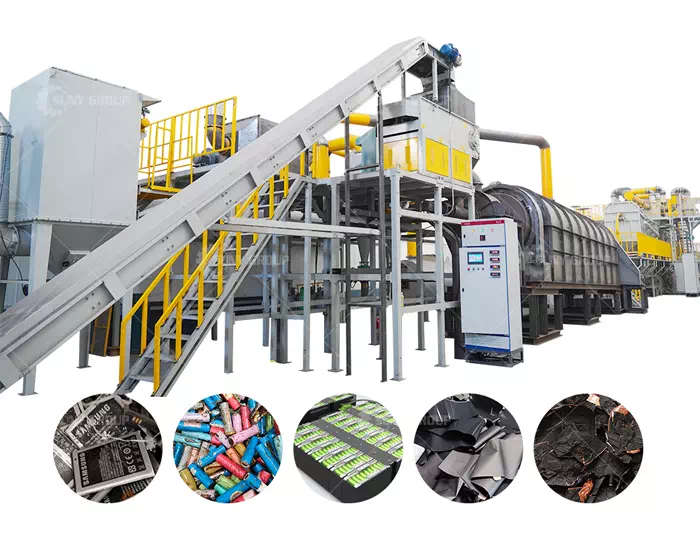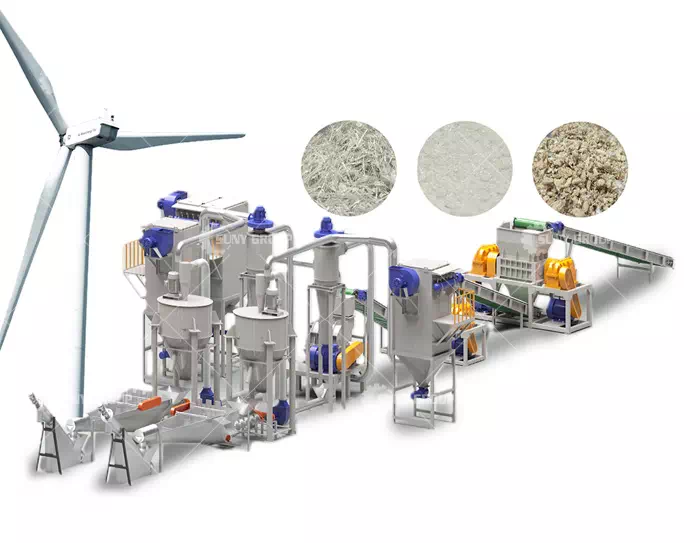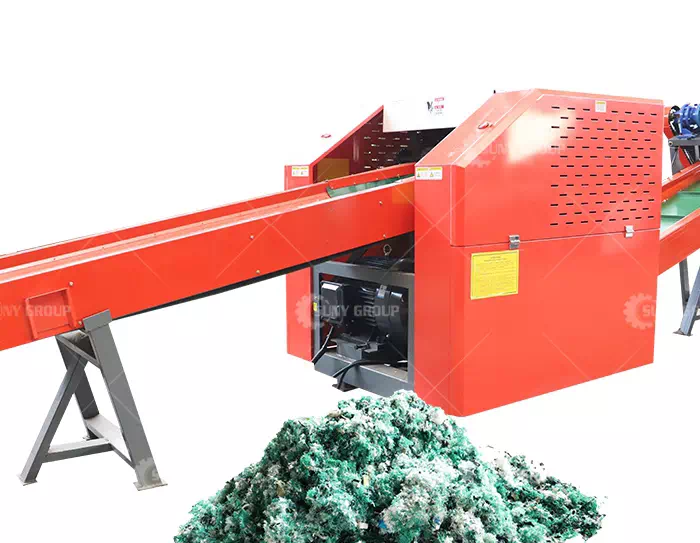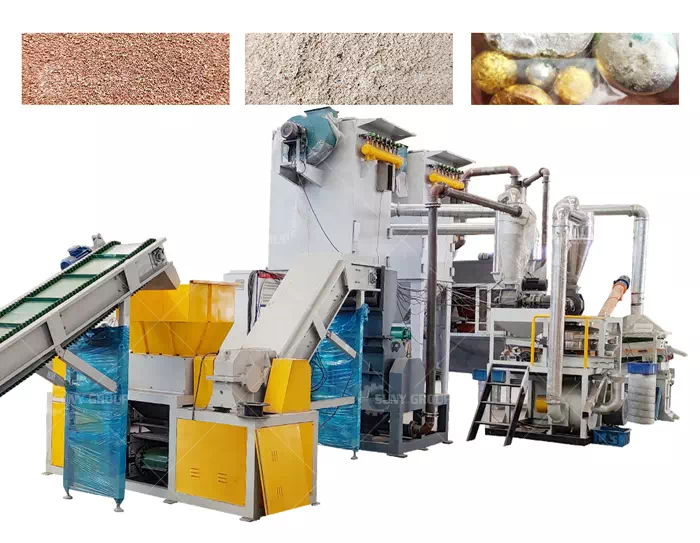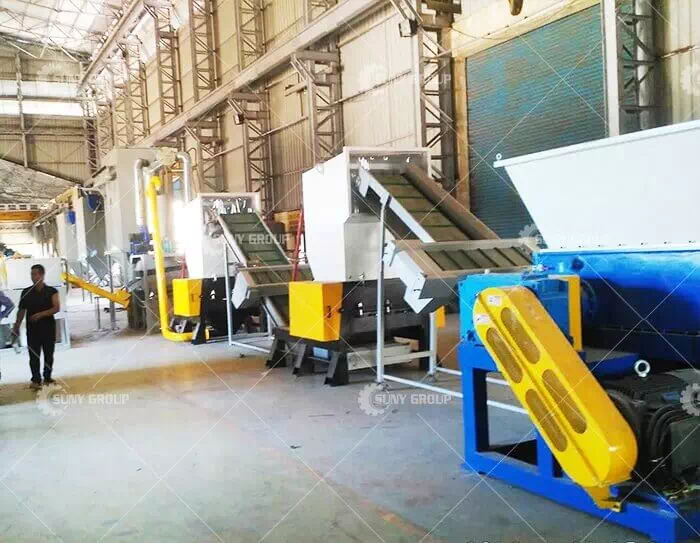Tech Innovation Converts E-Waste into Reusable Materials
The world’s first microfactory for converting e-waste into reusable materials has been opened in Australia. The new plant consists of small modules that break down unwanted smartphones, laptops, computers, printers and other devices and filter out potentially useful components.
The system fires up a temperature-controlled furnace that extracts metals including copper and tin and turns them into useful alloys. One of the modules takes the plastics from computers and printers for use in 3D printing or to produce materials for industrial-grade ceramics.
The concept of the microfactory came from the Center for Sustainable Materials Research and Technology at New South Wales University in Sydney. The university developed the technology with the Australian Research Council and has now built partnerships with businesses and organizations, including manufacturers and an e-waste recycling company.
We have proven you can transform just about anything at the micro level and transform waste streams into value-added products. For example, instead of looking at plastics as just a nuisance, we’ve shown scientifically that you can generate materials from that waste stream to create smart filaments for 3D printing.
These microfactories can transform the manufacturing landscape, especially in remote locations where typically the logistics of having waste transported or processed are prohibitively expensive. This is especially beneficial for the island markets and the remote and regional parts of the country.
The e-waste microfactory and another under development for other consumer waste types offer a cost-effective solution to one of the greatest environmental challenges of our age, while delivering new job opportunities to our cities, but importantly to our rural and regional areas too.
An international perspective is put on discarded technology by the Global e-Waste Monitor, a specialized UN development agency. The organization’s latest report records that more than 44 million tonnes of electronic waste was generated worldwide in 2016. This figure could pass 52 million tonnes by 2021.
Recommend products
CONTACT US:
If you have any requirement or suggestion, please fill in the form and send to us, thanks!E-mail:sunymachine@gmail.com | Whatsapp:+8613674945231


